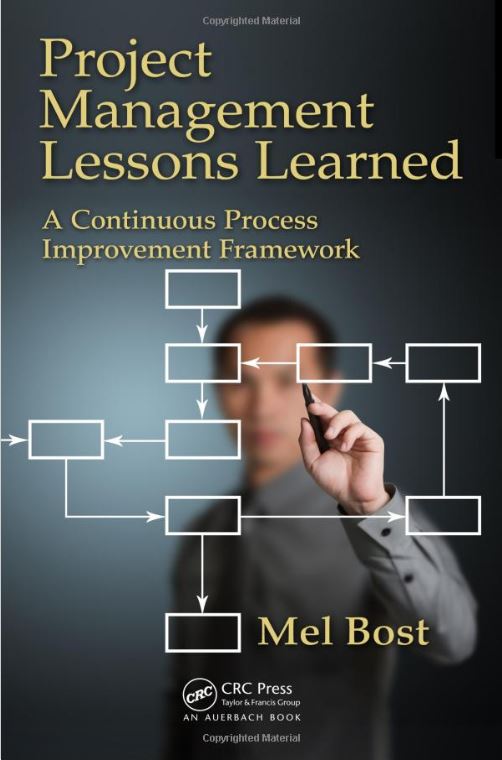Mel Bost with Todd Allen, Chair, The University of Michigan Department of Nuclear Engineering and Radiological Sciences
The climate crisis is worsening. Hurricanes are more intense. The Arctic ice is melting. Western droughts are extending in time. Forest fires with the accompanying deforestation are threatening populated areas with floods.
Coastal flooding is worsening as ocean levels rise.
Emissions from fossil fuels are increasing because industrial demands for goods and services is still very strong.
Although we have made a start toward renewables and alternative fuel sources, it is very difficult to make the prediction that fossil fuels will be phased out in the foreseeable future.
Until recently, the possibility that new contributions from nuclear energy would be implemented in the very near future seemed remote.
What is the solution? Can nuclear energy be a part of a low carbon future?
A nuclear energy option using small modular reactor systems to satisfy local community needs for power and industrial heat seems promising when all the options are weighed.
A program initiated at The University of Michigan and led by the U of M Nuclear Engineering and Radiological Sciences Department known as ‘’Fastest Path to Zero,’’ is gaining the attention of government, academia, and industry, and suggests that successful deployment of a new generation of reactors requires a coordinated optimization of technology, economics, and social acceptance. Public policy decisions should be initiated through this integrated lens.
It will require focused cooperation between demonstration plant suppliers and local community groups where siting of these demonstration plants must occur.
Is this truly the fastest path to zero.? Until recently the nuclear energy option was not considered very seriously due to the history of cost and schedule overruns of first-of-a-kind plants. But now it appears that nuclear energy is likely a promising part of the solution. Why is this?
Several reasons.
First, new emerging designs such as the Westinghouse eVinci modular plant and the Kairos Power FHR (a design developed by UC-Berkeley Professor Per Peterson) offer a promise of meeting the demands for new commercial uses in the 21st century energy system.
Second, permitting and community site relations are advancing. Preferred siting alongside existing nuclear facilities or at decommissioning coal facilities appear to be a promising pathway for overcoming some of the siting and commissioning hurdles associated with new deployments.
Finally, state and federal programs are emerging that incentivize the equitable deployment of new nuclear energy systems.
The ‘’Fastest Path to Zero’’ initiative was highlighted by the Department of Energy at the Global Clean Energy Action Forum Ministerial meeting in Pittsburgh September 21-23, 2022.
So, to my project community of readers, I am recommending that you begin to take an active interest in the possibility of nuclear energy for your community needs.
Support the ‘’Fastest Path to Zero’’ initiative by telling your friends and colleagues. Speak up at community meetings around the importance of including nuclear energy in the discussions about the future energy mix.
We have but one planet. Make it sustainable.

Leave a Reply